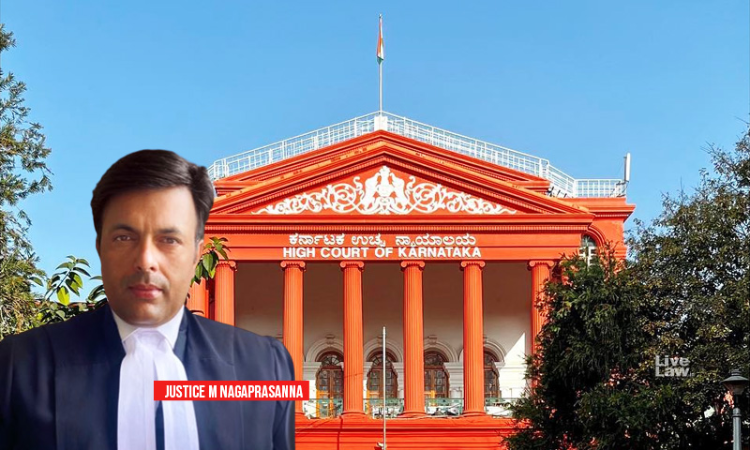Karnataka High Court Allows Probe Against MLA For Allegedly Granting Govt Land To Ineligible Persons
Mustafa Plumber
3 Oct 2023 9:00 AM IST

Next Story
3 Oct 2023 9:00 AM IST
The Karnataka High Court has dismissed a petition filed by Congress MLA K.Y.Nanjegowda and three others seeking to quash a criminal case registered against them alleging the grant of government land worth around Rs 150 crore to ineligible persons in his capacity as Chairman and Members of Malur taluk Land Grant Committee in 2019. Justice M Nagaprasanna dismissed the petition and...
